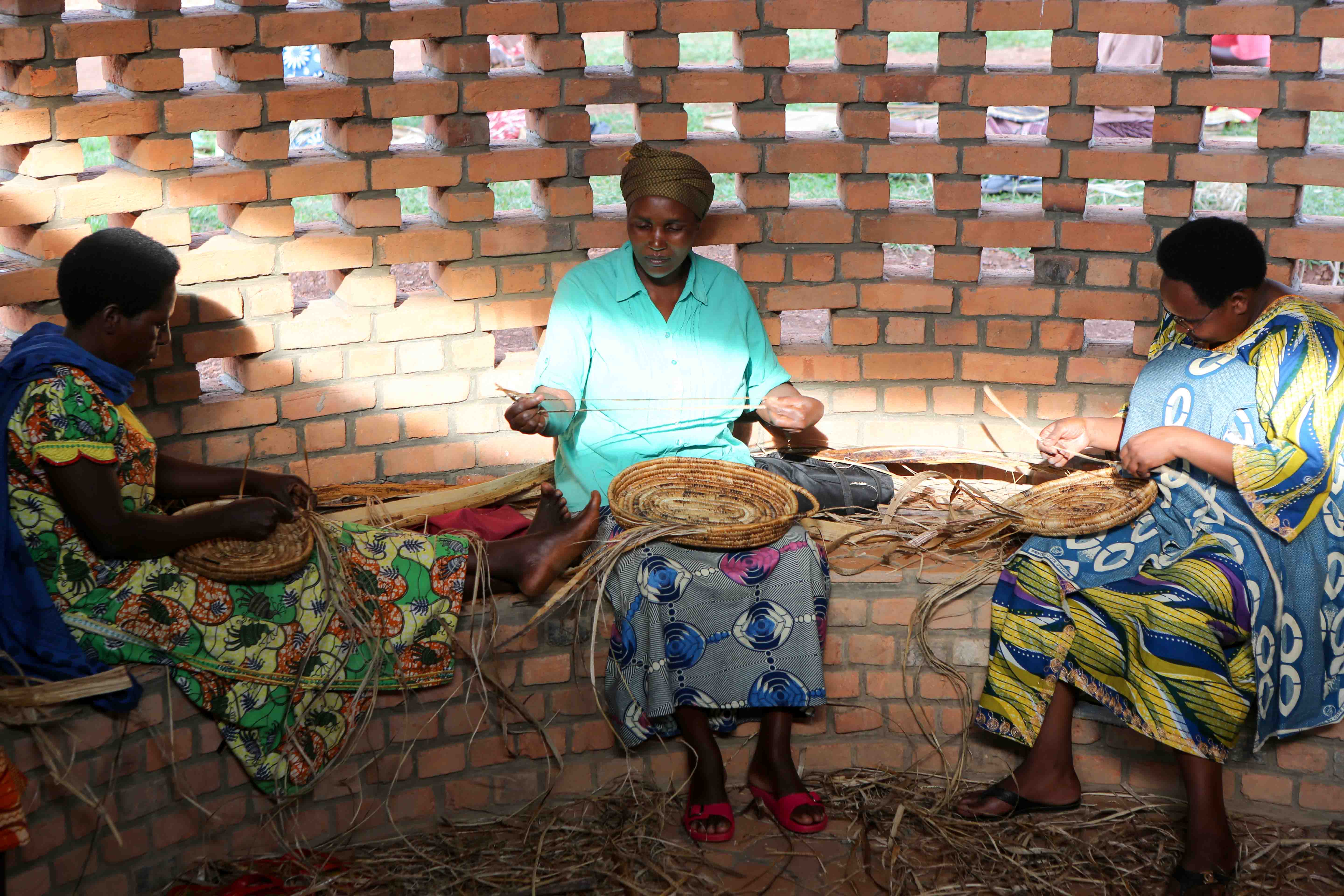
Mrs. Claudine Talon, First Lady of Benin, Tours the Urugo Women’s Opportunity Center
November 11, 2016
Built and operated by Women for Women International (WfWI) with the generous funding from Bloomberg Philanthropies and others, the Urugo Women’s Opportunity Center provides a safe environment and dedicated facilities where women can learn, build new skills, and operate businesses that directly contribute to Rwanda’s economic growth.
“This is a high-level profile event for the Urugo Women’s Opportunity Center,” said Antoinette Uwimana, Country Director of Women for Women International, Rwanda. “It was an honor that she came to see what we are doing and perhaps to use our work as a model for what she could potentially do for the people of Benin.”
Read more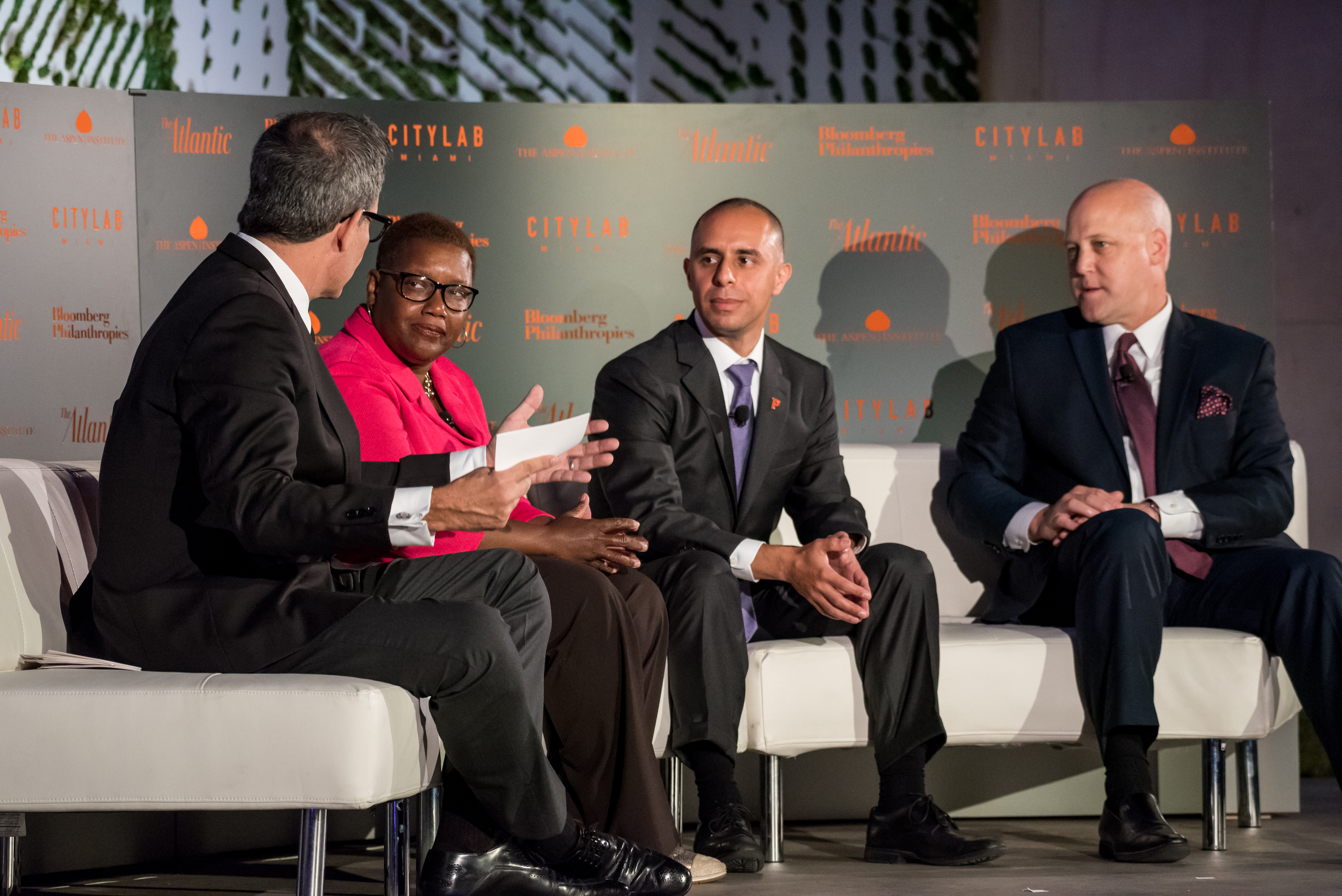
Reflections from CityLab 2016
November 7, 2016
By Kathleen Carlson, Bloomberg Philanthropies Government Innovation program
Public service is – in my opinion – a job everyone should hold at least once in their lives. It offers the incredible opportunity to make real change where you live, impact the lives of millions of citizens, and turn the idea of “uninspired government bureaucrats” on its head.
Read more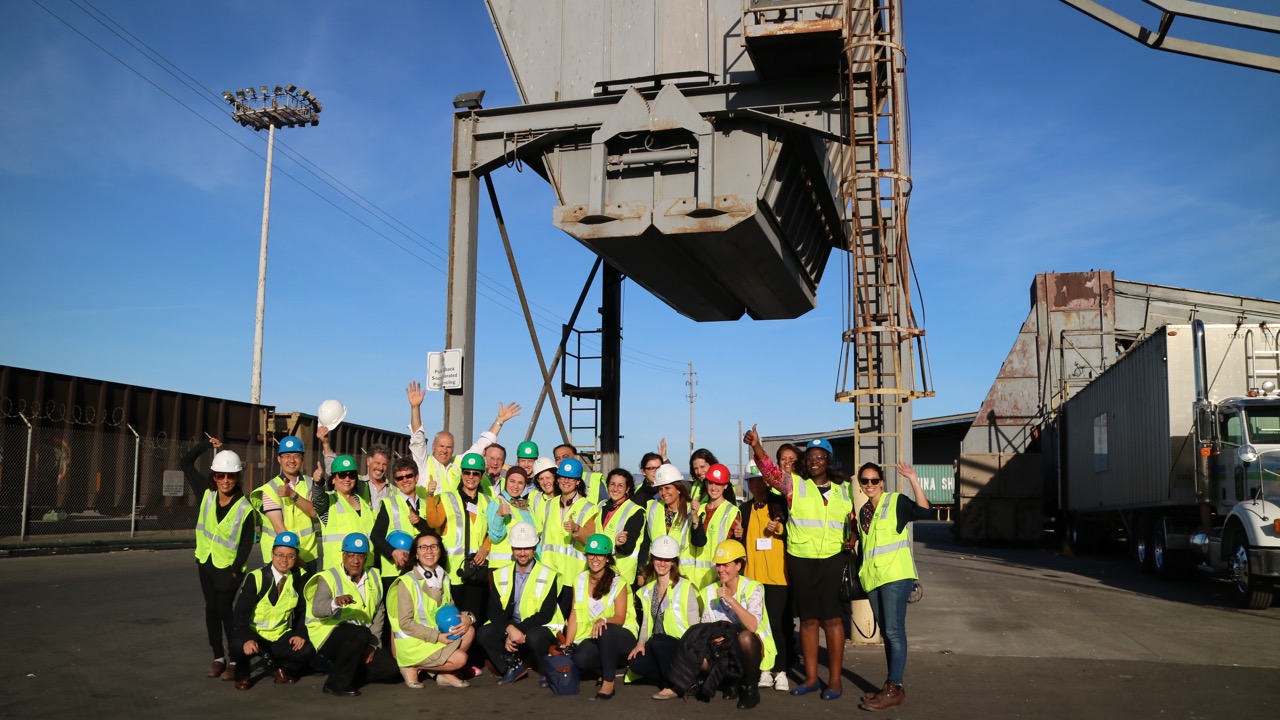
Our Cities, Our Climate Exchange Advances Local Climate Action
October 20, 2016
Cities around the world are facing unique challenges as they confront the realities of climate change, yet their motivations for building low-carbon sustainable futures are the same. The way in which locals leaders take action on bold climate measures is an opportunity for cities to learn from one another. That’s why the U.S. Department of State and Bloomberg Philanthropies convened the second Our Cities, Our Climate exchange this year, hosting 17 urban sustainability directors from 16 countries to participate in collaborative sessions in three U.S. cities: San Francisco, California; Austin, Texas; and Washington, D.C.
Read more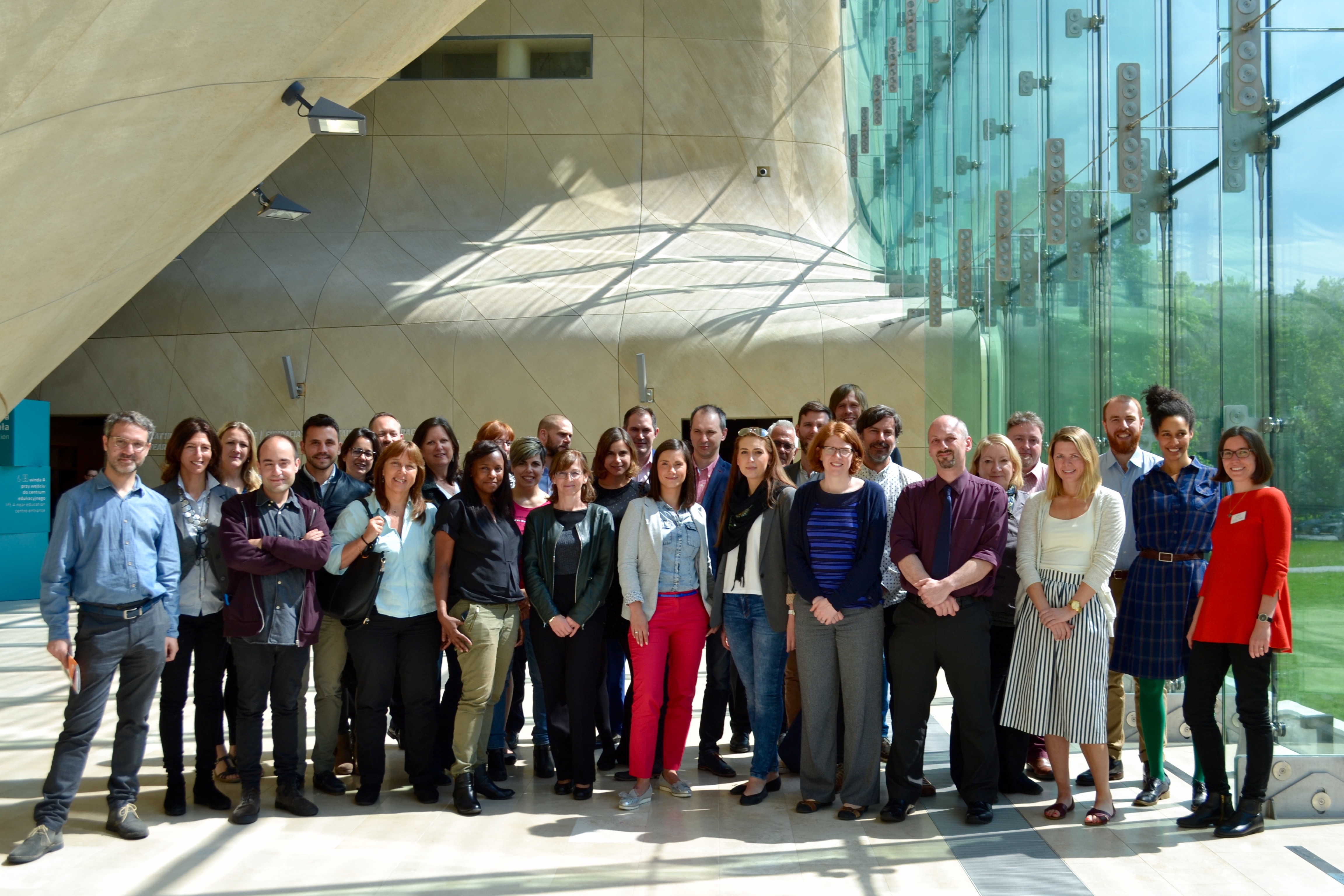
Lessons Learned Implementing Bold Ideas
October 3, 2016
By Anne Emig, Bloomberg Philanthropies’ Government Innovation program
Since 2013, hundreds of cities around the world have competed in Bloomberg Philanthropies’ Mayors Challenge by proposing bold new ideas that solve urban challenges, improve city life – and have the potential to spread.
Read more
On Financing Fish
September 16, 2016
By Dale Galvin, Managing Director of Sustainable Markets and Finance, Rare
Many years ago I visited Ligui, a small town on the east coast of Baja California, Mexico. We were engaging the local fishing community with our time-tested approach to making change. It included equal parts community engagement, social marketing, capacity building, and the provision of technical assistance which, in this case, ensured the fishing cooperatives could achieve legal status and begin to manage their fisheries sustainably.
Read more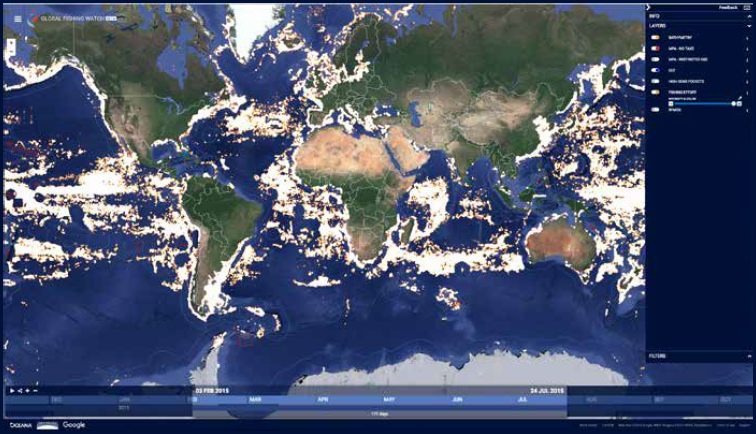
Oceana and Bloomberg Philanthropies: Working Together for Vibrant Oceans
September 15, 2016
By Andy Sharpless, Oceana CEO
In January 2014, Bloomberg Philanthropies launched its Vibrant Oceans Initiative, a five-year, $53 million commitment to help restore fish populations around the world. The grant, which supports work by Oceana, Rare and Encourage Capital, marked the largest philanthropic commitment to international fisheries reform management to date.
Read more
Beyond Coal, Beyond the United States
August 16, 2016
By Bruce Nilles, Senior Director of Beyond Coal Campaign, Sierra Club
Sierra Club’s partnership with Bloomberg Philanthropies on the Beyond Coal campaign over the past five years has helped the United States cut carbon pollution further and faster than any other major country in the world. There’s no secret to the success of our campaign. This grassroots effort has helped retire 238 of the 523 coal plants that were operating nationwide in 2011 – equal to approximately one third of total electricity generating capacity powered by coal. We’ve accomplished this through a combination of grassroots campaigning, litigation, local and national policy advocacy, and strategic communications.
Read more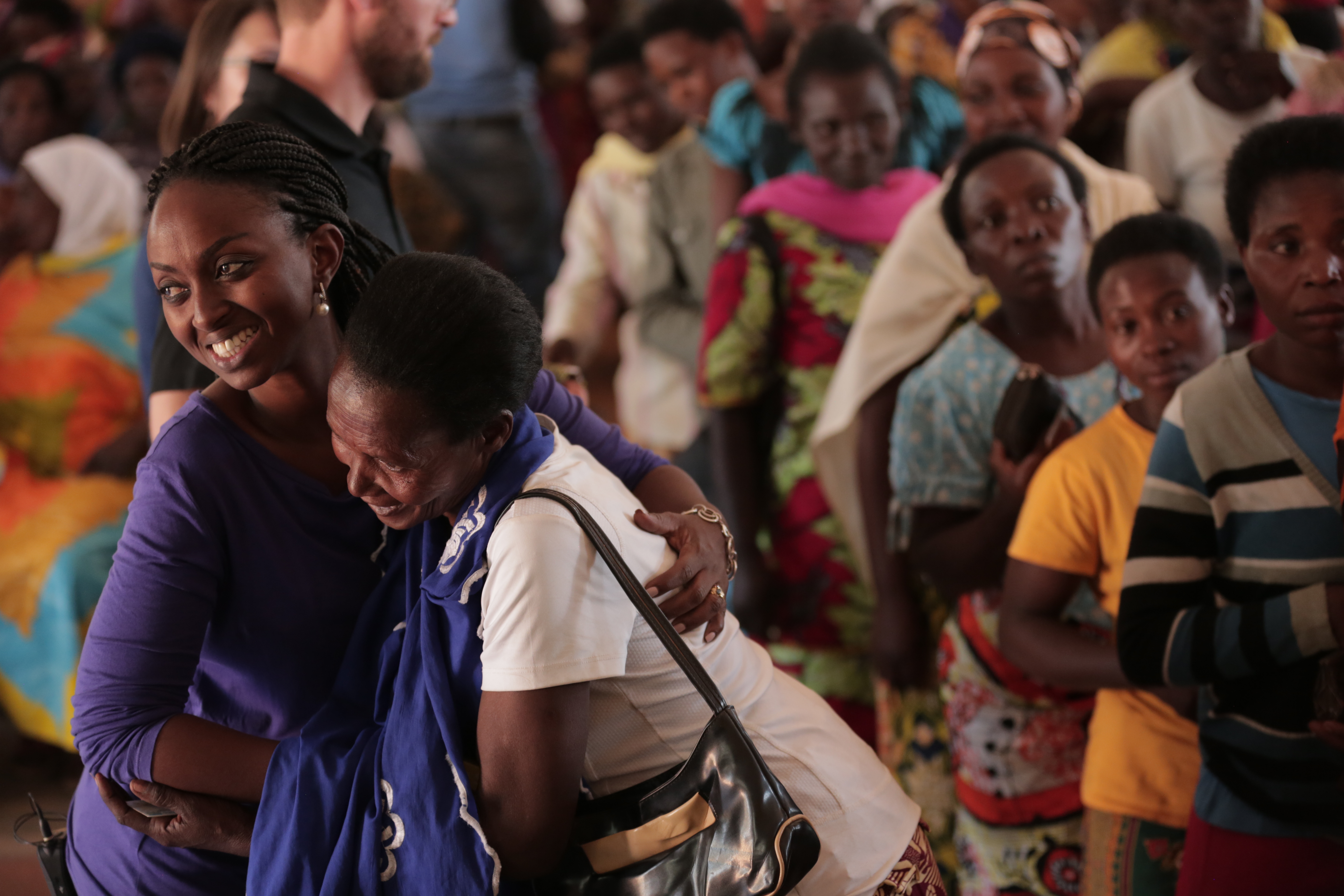
Follow the Data Podcast: Episode 4 featuring Women’s Economic Development
August 11, 2016
In the fourth episode of Follow the Data – a podcast about how our work is driving change and making an impact – we hear from a partner of our Women’s Economic Development program to understand how they are working to create economic opportunities for women in growing industries.
Read more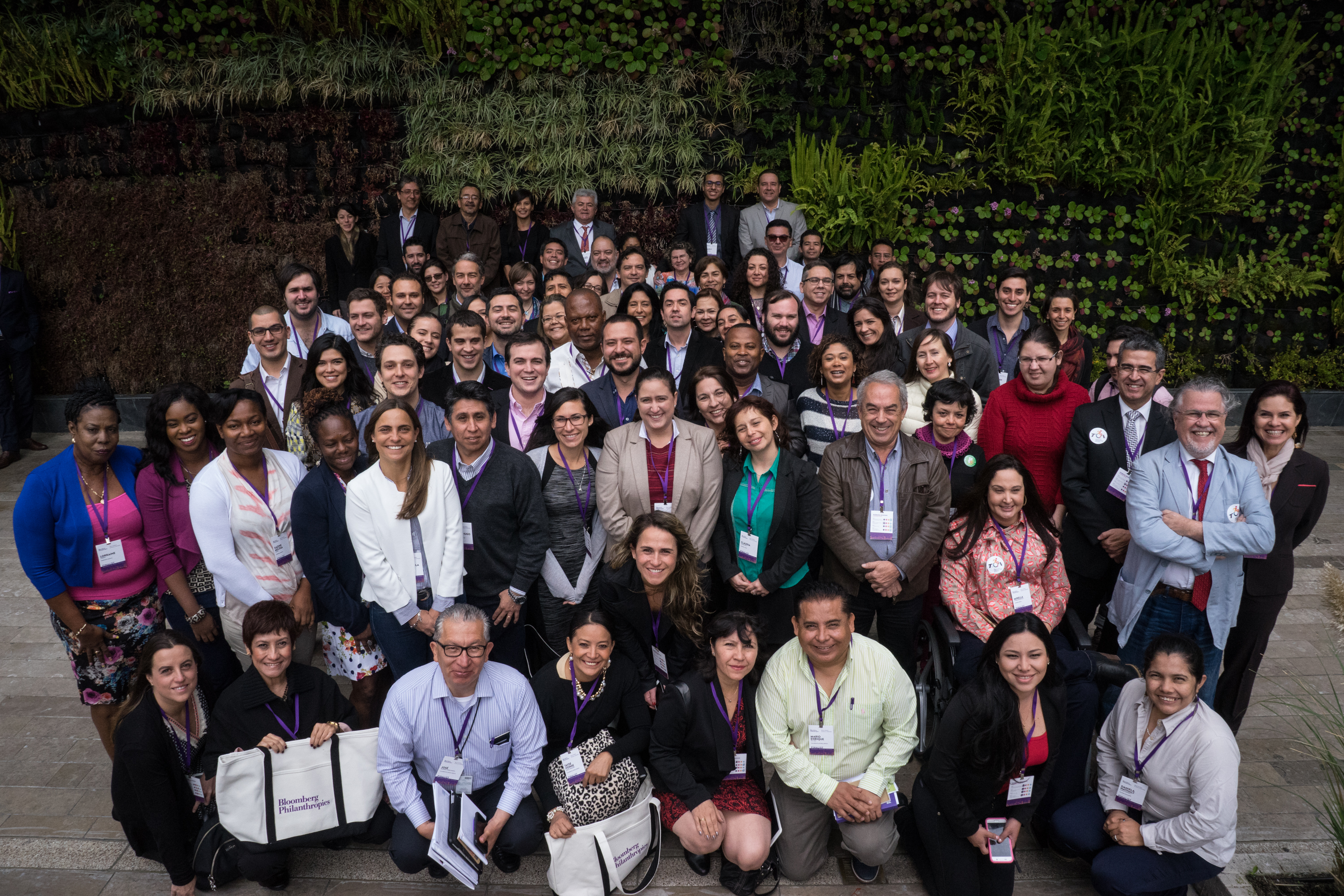
Ten Things I Learned At Ideas Camp
July 21, 2016
By Garnesha Crawford, Bloomberg Philanthropies’ Government Innovation team
Last week, Bloomberg Philanthropies convened 100 leaders from 20 city teams in Bogotá, Colombia to challenge the ideas they developed to improve city life in Latin America and the Caribbean. Each team is in the race for five awards as part of Bloomberg Philanthropies’ Mayors Challenge – an ideas competition that invites hundreds of cities within a region to define a serious problem within their city, and then develop a bold, new idea to solve it.
Read moreCollegePoint Insight: How a virtual college advisor’s inspiration led Oklahoma student to USC
July 14, 2016
By Ca Dao Duong, CollegePoint participant
I came to America in 2009 when I was 11-years-old. For me and my parents, college was always an eventuality — there was no other acceptable path. Unfortunately, three months after we arrived in California, my family had to move to Oklahoma to find jobs. I remember thinking to myself, “I didn’t come to America only to stop here.” I wanted to succeed — to make it big. I wanted to become successful in the business/political battlefield and one day come back to help my politically oppressed country (Vietnam). So from sixth grade to tenth grade, I believed the only way I could do this was to get accepted into a top-ranking college with an established reputation and the education quality necessary for my dream career. However, as senior year slowly but steadily approached and reality began to take its toll, it became clear that to study at an out of state college was a financial impossibility that I refused to let my parents shoulder. Swallowing back my disappointment, I agreed with my parents and planned to attend a local college, where two-thirds of my classmates would also go.
Read more